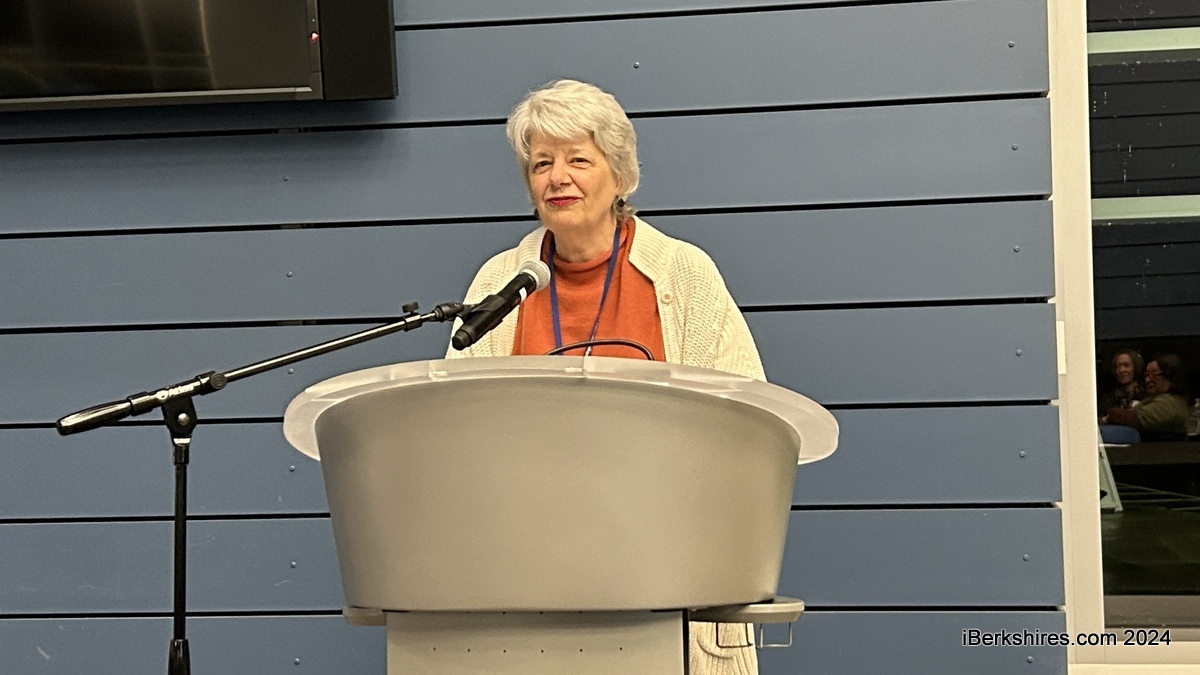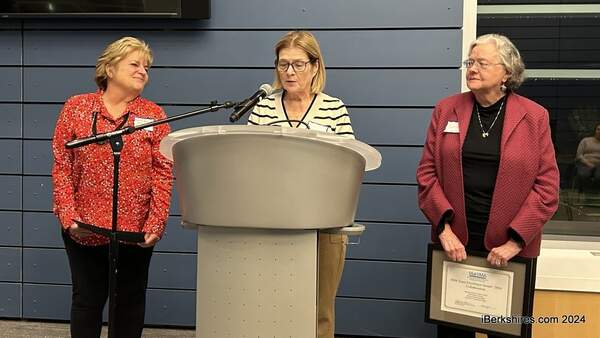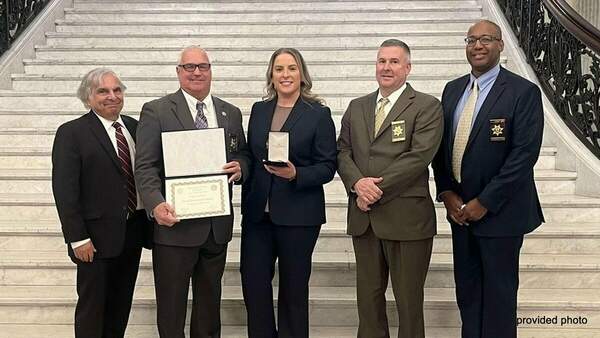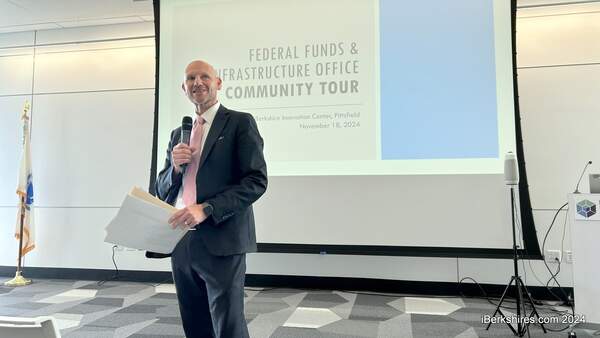DALTON, Mass. — The Central Berkshire Regional School District is considering adding vocational transportation to the draft regional agreement.
School Committee Chair Richard Peters said at last month's meeting that the district received an email from Cummington inquiring if it could add vocational transportation to its regional agreement, similar to what is happening in the Mohawk Trail Hawlemont Regional School District.
"[The Mohawk District] actually documented in the regional agreement that the school district arranges the transportation for the students going to vocation for the towns. And then we bill the towns for that transportation," Peters said.
The committee approved holding a special public hearing for all towns on Nov. 21 at 7 p.m. to review the required language regarding the voting method and discuss the amendment that would add vocational transportation to the agreement. The location of the meeting has yet to be determined.
The district wants to bring in authorities, such as representatives from the Massachusetts Association of Regional Schools, legal, and possibly the state Department of Elementary and Secondary Education to inform town officials what changes can be made to the agreement.
Peters emphasized that the district is not opening up the regional agreement for debate on every point because towns have already agreed on everything but the voting method.
The meeting's purpose is to educate the towns that voted against the agreement and discuss the vocational amendment, which would have to be approved at town meetings for all seven towns.
Although vocational transportation is not in its current regional agreement, the district's Director of Finance and Operations Gregory Boino has already been working with the towns to coordinate that so the towns could share rides instead of each town taking one bus, he said.
"So, we're trying to coordinate, some coordination for them. In this case, it would kind of codify it in that we would be doing the coordination and then billing the towns for that transportation cost each year," Peters said.
The number of students going to vocational schools is small, so Boino said he cannot imagine it would take much time, especially if the district were to get a three-year contract.
The district would have to have this in the regional agreement because for the right to solicit bids.
"Because really, we're going out to bid for something that we have money in. The towns will be paying for them," Boino said.
A number of School Committee members said that, based on previous conversations within their communities, several towns would support this.
"[Windsor] recorded something along the lines of [$40,000] for the year for our seven students to go to the different vocational schools. So, I know Windsor is looking for options as well," committee member Elizabeth Lounsbury said.
Two towns in the district are ending their three-year contracts with Dufour Tours. This made it difficult for Boino to coordinate with Washington and Peru while working with these towns, as Hinsdale already had a contract and was unable to be part of those conversations.
Hinsdale is ending its last year now, so would have to go out to bid for another three years if they wanted to, Boino said, and there are also some towns with their own vans, but none of them are doing their own busing.
"I do think this might open up more conversations in the towns for kids going to more places because right now, in a town like Washington, they could have three kids going to three different schools, and they're paying transportation to three different schools," he said.
"So, now it could be cheaper for them to just jump on the bus from Hinsdale going to McCann rather than getting their own route. So I think would open up the conversation."
This would not only save the towns money, but it may also encourage them to vote in favor of the regional agreement, School Committee members said.
The district has been working on updating its regional agreement for more than a year, but the proposed draft failed in three of the district's seven towns due to concerns surrounding its voting method. The towns that voted against the regional agreement wanted to require a unanimous vote, not a two-thirds vote, for all decisions regarding debt incurrence.
The original agreement, created in 1958, has been amended several times and approved locally but never by the state Department of Education, which is required.
Until an updated agreement is approved, the school district will continue to operate under its current agreement and follow state law.
DESE may not pass an updated agreement that requires a unanimous vote for debt incurrence because a two-thirds vote is state law, Peters said.
What the district can do regarding the voting method has been discussed at length during the regional agreement ad-hoc committee and with the towns, Peters said.
Peters said he attended the Hinsdale town meeting last month, and the attendees were still adamant that the district should be able to have a unanimous vote on this.
Another point is that this is not just Peru and Hinsdale's agreement. It is a seven-town agreement, Peters said.
"I've tried to say that, and it's unfortunately, it just still falls on deaf ears," he said.
| If you would like to contribute information on this article, contact us at info@iberkshires.com. |
















